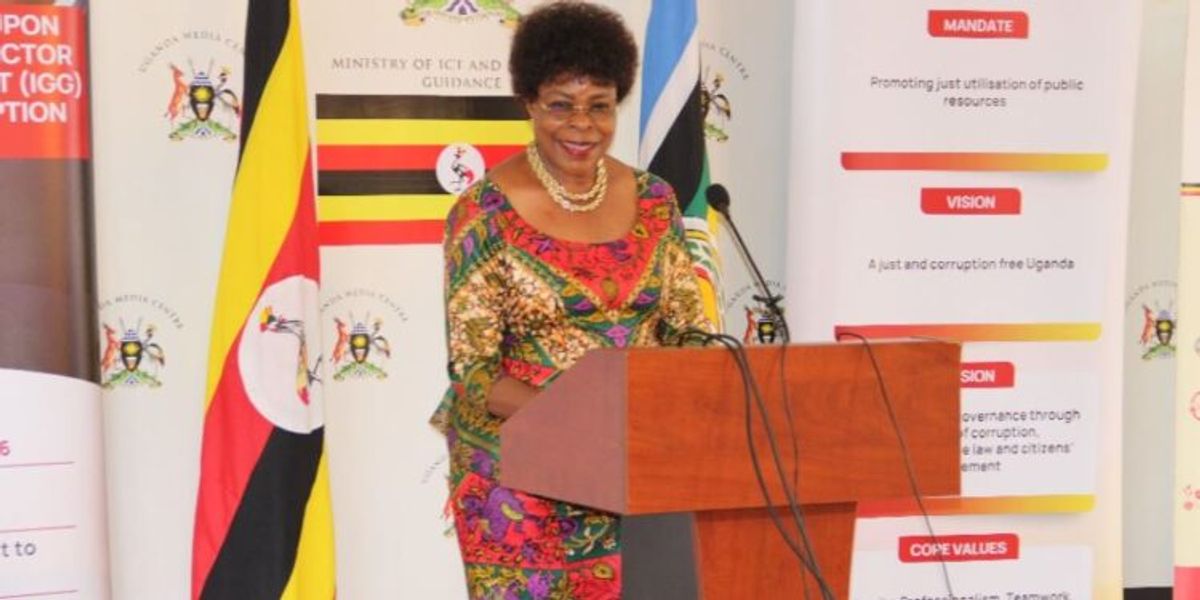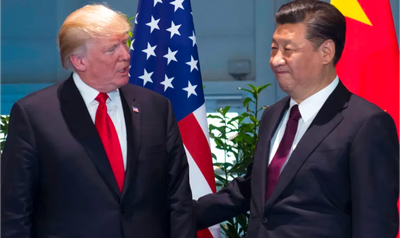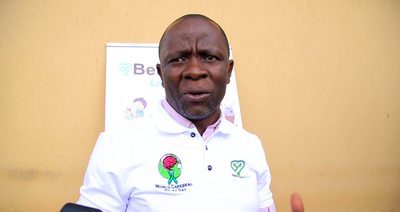
More than 130,000 senior Ugandan government workers, representing 35% of the civil service, paid bribes to secure their jobs, according to a shocking new report released by the Inspectorate of Government (IGG).
The study, unveiled on Monday by Inspector General of Government Beti Kamya, revealed that applicants handed over between UGX 3 million and UGX 50 million (about $800 to $13,500) in bribes to be hired. Conducted in partnership with the Economic Policy Research Centre (EPRC) at Makerere University, the investigation covered recruitment through District Service Commissions (DSCs) between 2018 and 2022.
Kamya said the practice has entrenched incompetence across critical government departments. “Many of those who bribed for jobs don’t have the required qualifications. If you have a district engineer, teacher, health officer, or agriculturalist not qualified for the job, it’s the reason we are seeing buildings collapsing, shoddy work on roads, because people in the office are not supposed to be there,” she warned.
Corruption Deeply Entrenched in Recruitment
The report uncovered widespread malpractice in the hiring process, including forged documents, impersonation, fake job adverts, nepotism, favouritism, and political patronage.
- Bribes demanded: An estimated UGX 78 billion ($21 million).
- Bribes paid: At least UGX 29 billion ($7.8 million) over four years.
- Worst-hit sectors: Education saw the highest bribe demands, while health recorded the highest actual payments.
- Bribes by position: Senior department heads reportedly paid up to UGX 50 million, while lower-level workers like nursing assistants and primary teachers paid around UGX 3 million.
The study found that 82% of job applicants identified bribery as the most common form of corruption, particularly at the shortlisting and interview stages. Members of DSCs were singled out as the most likely to demand bribes.
Prime Minister Robinah Nabbanja, speaking on behalf of President Museveni, admitted the findings were a wake-up call. She noted that decentralisation of recruitment was intended to curb corruption, but instead created new loopholes. “We must use these findings to formulate reforms to uphold integrity,” she said.
Benjamin Kumumanya, Permanent Secretary of the Ministry of Local Government, acknowledged the credibility of the report: “Since district officials have not dismissed the findings, there must be some truth in it.” He called on the IGG to submit names of implicated officials so they can be prosecuted.
Catherine Bitarakwate, Permanent Secretary of Public Service, said her ministry is reviewing its rewards and sanctions policy to ensure corrupt officials are effectively punished.
Kamya also revealed that the IGG has already overseen the dismissal of more than 450 civil servants for corruption-related offences.
The report urged the government to adopt urgent reforms to restore integrity in public service hiring, including:
- Raising qualifications and vetting standards for DSC members.
- Increasing salaries to reduce susceptibility to bribery.
- Deploying e-recruitment systems to minimise human interference.
- Strengthening supervision and oversight of recruitment processes.
Analysts warn that the report highlights a serious governance crisis. With more than a third of the civil service tainted by bribery, Uganda risks systemic inefficiency in service delivery, especially in education, health, and infrastructure.
Citizens’ groups have expressed anger, saying the findings confirm long-held suspicions that qualified but poor applicants are being pushed out in favour of those who can afford to pay.
For the IGG, the report signals the beginning of a broader accountability drive. “This report should serve as a turning point,” Kamya insisted. “The culture of buying jobs must end if Uganda is to build a competent, honest, and professional public service.”
The government is now under pressure to move swiftly on reforms and prosecutions, as the scale of corruption threatens both public trust and Uganda’s development agenda.














Roswell Mbabazi
Leave a Comment
Your email address will not be published.